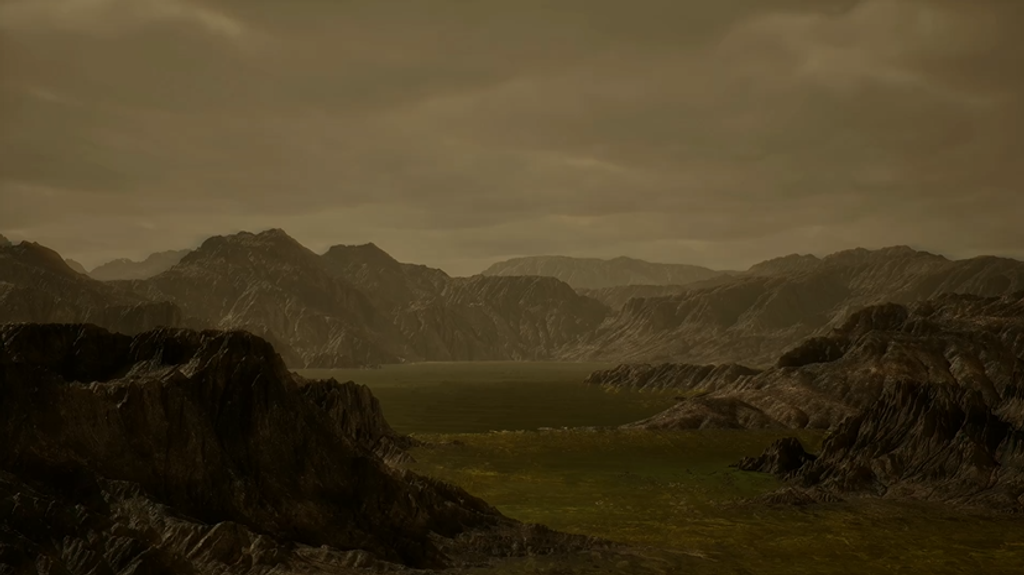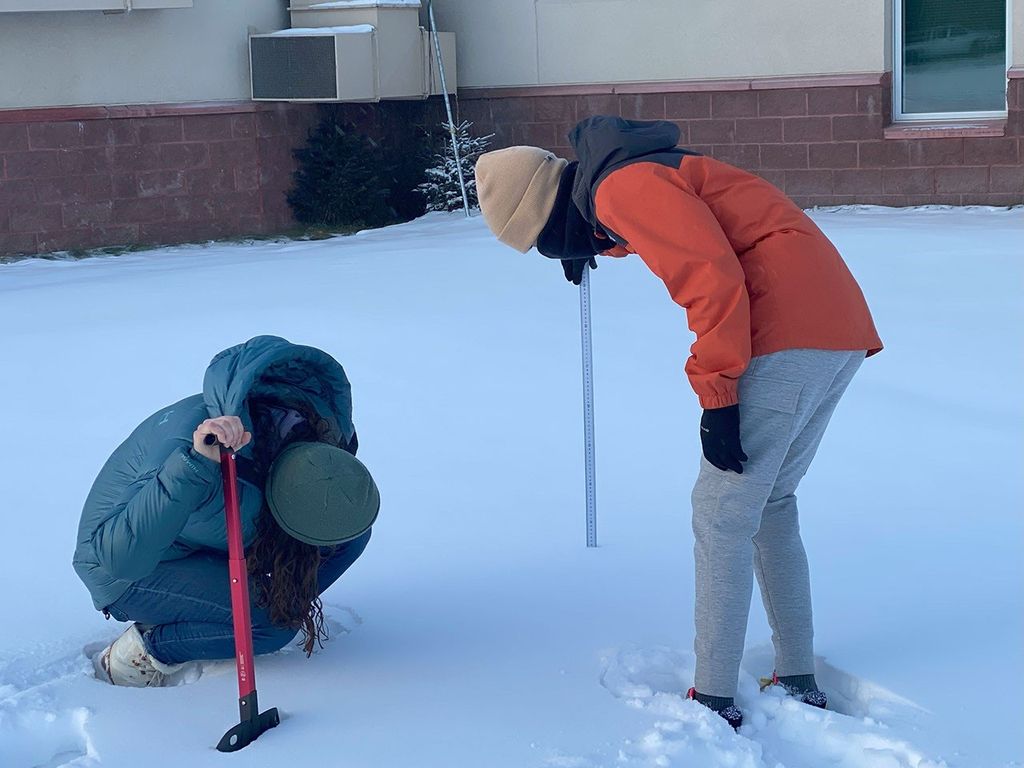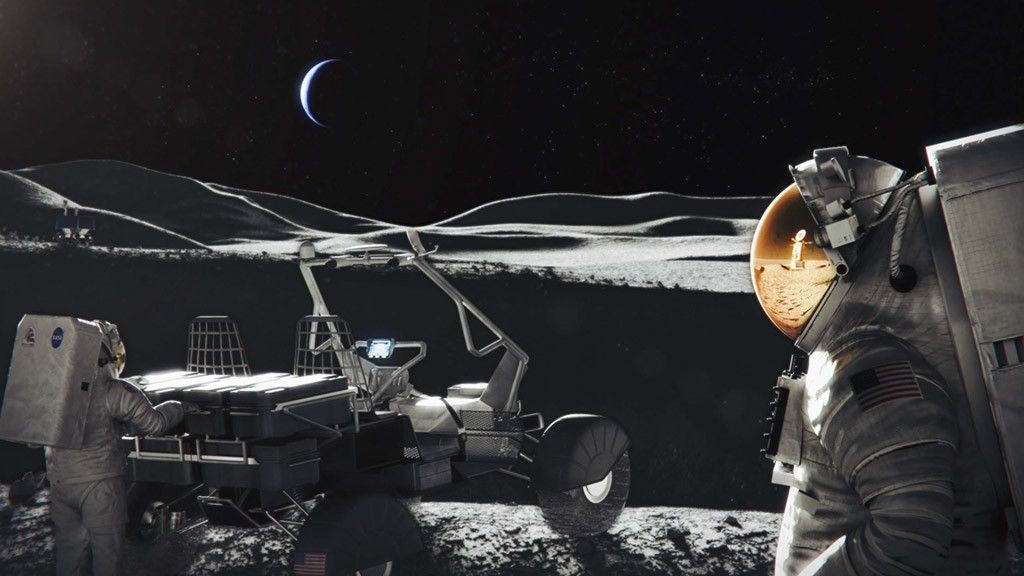Amendment 66: A.40 Earth Science Applications: Ecological Conservation Final Text and Due Dates.
The focus of A.40 Earth Science Applications: Ecological Conservation (formerly Ecological Forecasting) is on applications and decision support in the areas of ecological conservation and management. Specifically, this program element solicits proposals for activities and products that will achieve operational deployment and sustained use in decision-making by the end user(s), i.e., Applications Readiness Level (ARL) 9 before the end of the award. To feasibly achieve this objective, all submissions must show a demonstrated maturity in development beyond initial discovery, feasibility, and development (i.e., start at ARL 5 or greater) and an established relationship with an end user. Within this constraint, this program element seeks three types of proposals: 1) decision-making to combat the spread of invasive species, 2) advance the use of ecosystem service assessment for decision-making, and 3) inform management, establishment, or protection of protected areas. Proposals must combine three components: Earth observations, in-situ biological observations, and ecological models to develop decision-support tools.
ROSES-2022 Amendment 66 releases final text and due dates for A.40 Earth Science Applications: Ecological Conservation which had previously been listed as Ecological Forecasting when it was a TBD placeholder. Notices of intent are requested by March 14, 2023, and proposals are due April 14, 2023. A virtual meeting for potential proposers will occur January 13, 2023, from 2-4 pm eastern time. Connect information will be posted under other documents on the NSPIRES page for this program no later than December 13, 2023.
On or about November 14, 2022, this Amendment to the NASA Research Announcement "Research Opportunities in Space and Earth Sciences (ROSES) 2022" (NNH22ZDA001N) will be posted on the NASA research opportunity homepage at https://solicitation.nasaprs.com/ROSES2022.
Questions concerning A.40 Ecological Conservation may be directed to Keith Gaddis at keith.gaddis@nasa.gov and Woody Turner at woody.turner@nasa.gov

































